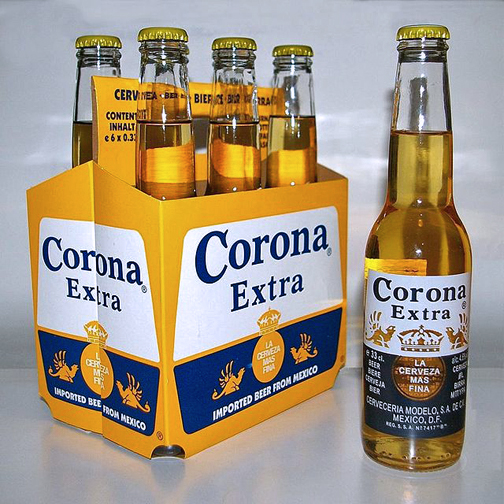Save the Beach Puerto Rico funds new glass bottle crusher at UPR-Mayagüez

The project is funded by an $18,000 grant from Corona and the Save the Beach Puerto Rico Trust.
The University of Puerto Rico’s Mayagüez Campus, known as RUM, has begun designing the prototype of what will be the first mill to crush glass bottles and recycle the material for regional manufacturers of ground glass blocks, converting them into reusable material.
This project is funded by an $18,000 grant from Corona and the Save the Beach Puerto Rico Trust, following a proposal from RUM for student participation totaling 400 hours in the Advanced Center for Manufacturing and Engineering (CAVmE, in Spanish) under the Department of Engineering and Mechanics (INME, in Spanish). Half of the grant has already been disbursed.
“We’ve already begun the path of designing and building a prototype. The intention is to have within 10 weeks the construction of the first prototype on which user tests will be carried out,” said Ricky Valentín-Rullán, associate dean of engineering and professor at INME, who oversees the project.
“This initiative provides participants a platform to carry out analytical and experimental, as well as creative, design. We are always proud that citizens and companies look to the RUM in search of solutions to problems,” he added.
The design considerations for the equipment include dimensions, power requirements, structural system, and the needs for transportation, storage and safety in operation.
“Corona continues its commitment to the environment, as demonstrated by the signing of this proposal. The Save the Beach Puerto Rico trust has served dozens of projects, collaborations and alliances in which we continue to advance to improve the quality of life of Puerto Ricans,” said Joseph Magruder, director of Corona de Puerto Rico.
“We’re convinced that this proposal will take us one step further to contribute to the recycling and reuse of glass. Corona has always bet on the talent and ability of our young people, and we know that it will serve as a learning experience for the students participating in this project,” Magruder added.











Felicidades en tomar la iniciativa para triturar el vidrio desperdicio para podar darle una segunda vida.
Esa activida salvará barios vertederos normalmente ocupado por vidrio, un material NO orgánico y que NO se descompone.
Gracias a Corona y la RUM.